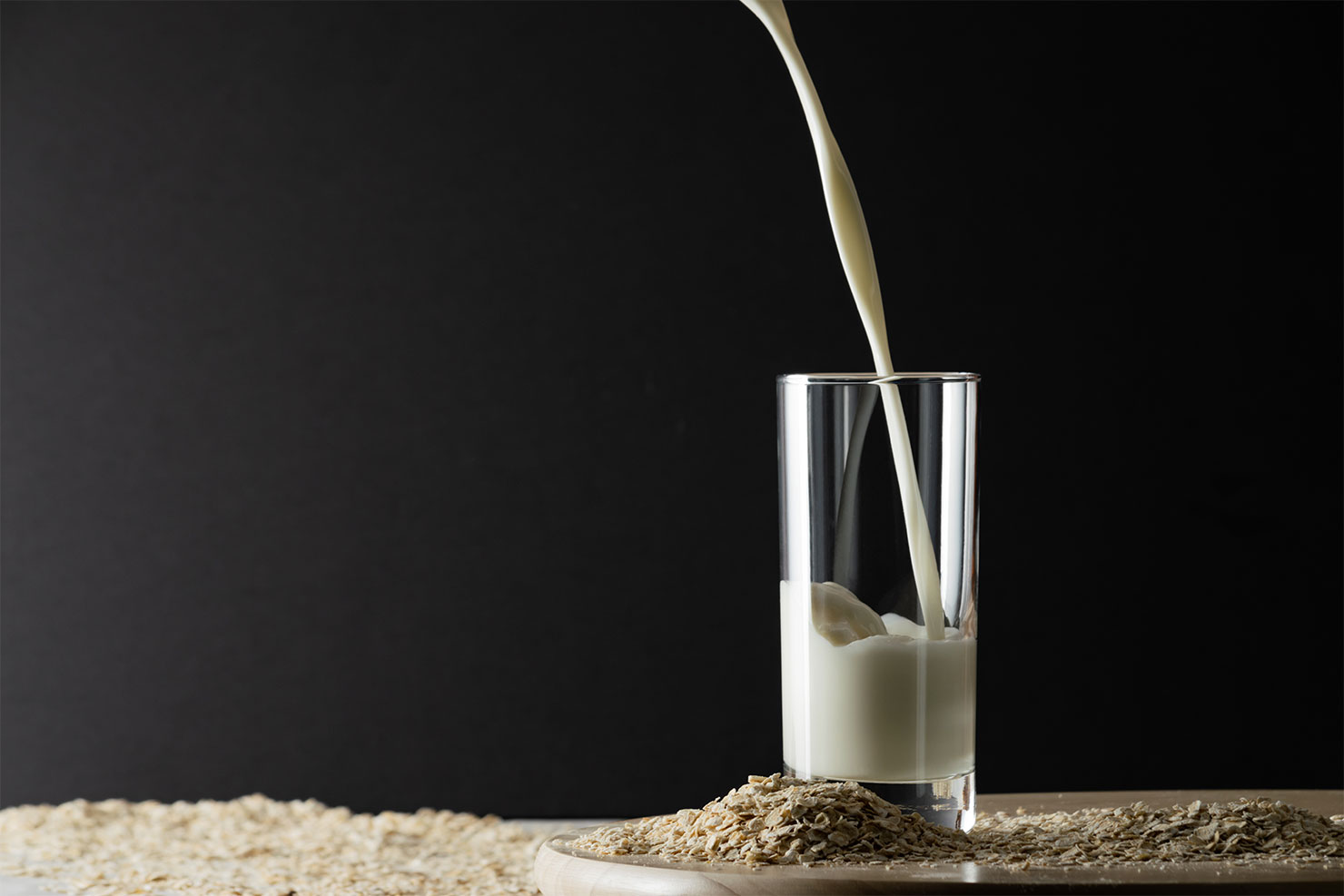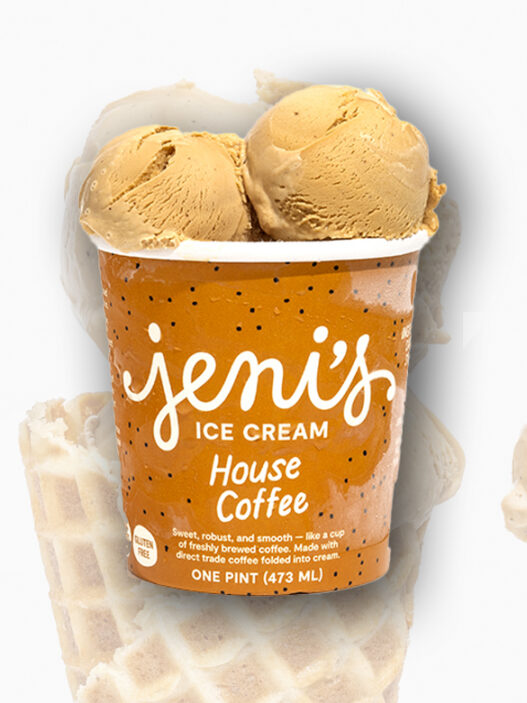We have passed the point of alternative milks being “cool”. Brought on in big part by the emergence of oat milk, Oatly’s in particular, alt milks had a lasting moment in the cultural zeitgeist that brought about big changes in our perceptions of them. It’s not uncommon these days for the standard milk option at a cafe to be almond or oat—you actually have to request cow’s milk if you want it—and many have done away with the upcharge. Alternative milks are no longer a novelty. They’ve gone mainstream.
With ubiquity comes resistance. And with the mass adoption of alt milks, the emerging new trend appears to be folks saying, “Wow, MORE cow.” Folks are starting to ditch oat milk and other alternatives over health concerns.
As reported by Daily Mail, the main concerns about alternative milks are two-fold: their sugar content and the inclusion of emulsifiers. Oat milk in particular, according to the article, is higher in carbohydrates and sugar than that of cow or nut milks. When our bodies break down carbohydrates, our blood sugar spikes, causing our bodies release insulin. These spikes, if occurring over a long period of time, can increase the likelihood of developing “lifestyle diseases, like diabetes.”
The main concern, though, comes from emulsifiers. Used in many alt milks to make them more uniform and give them a creamier texture, emulsifiers have been linked in some research to increased risk for developing colorectal cancer. A 2021 study fed two emulsifiers—polysorbate 80 and carboxymethylcellulose—to mice and found they “regularly led to increased gut inflammation,” which can damage DNA that ultimately puts one in greater risk of the cancer. Another study found that emulsifiers introduced to bacteria that “mimicked the kind found in the human gut” resulted in them “dying off or becoming unhealthy.”
While many of the experts Daily Mail spoke with state that the findings are certainly concerning, they state that more research needs to be done and further it is the totality of the diet that matters more than whether one chooses oat milk over cow’s milk. “If anything, this reinforces that a diet with less highly processed foods [like alt milks] may be beneficial to overall health,” registered dietitian nutritionist at The Ohio State University Wexner Medical Center Samantha Cochrane tells Daily Mail. “However, it isn’t enough evidence to vilify these foods or ingredients and avoid them completely.”
There are, of course, other considerations folks make when ditching cow’s milk. Many folks are lactose intolerant. Others avoid dairy and meat products for environmental reasons. Meanwhile, cow’s milk may also contain emulsifiers and preservatives to help keep it shelf stable.
The main takeaway here is not the vilification of alternative milks, which feed a real dietary and ecological need for some, nor is it that cow’s milk is no longer problematic in the ways it was five years ago. It’s that a high-quality diet low in processed foods is the best, healthiest option. For you that may include oat milk or it may include cow’s milk or maybe both. Alt milk doesn’t necessarily mean healthier, and it’s always worthwhile to recalibrate what you are consuming and in what quantities.
Zac Cadwalader is the managing editor at Sprudge Media Network and a staff writer based in Dallas. Read more Zac Cadwalader on Sprudge.





















